Intro
Discover common 5 weeks pregnant symptoms, including morning sickness, fatigue, and mood swings, as your embryo implants and hormone levels surge, marking the start of a life-changing journey with early pregnancy signs and bodily changes.
At 5 weeks pregnant, many women are eager to know what to expect and how their body will change. This period is crucial, and being aware of the symptoms can help expectant mothers prepare for the journey ahead. Although it's still early, the body starts to undergo significant changes, and some women may begin to notice the first signs of pregnancy. The symptoms at 5 weeks pregnant can vary from one woman to another, but there are common experiences that many share.
During the 5th week, the embryo is about 5-6 millimeters in size, which is roughly the size of an apple seed. Despite its small size, the embryo is developing rapidly, and its presence triggers a cascade of hormonal changes that can lead to various physical and emotional symptoms. For some women, these symptoms can be mild and barely noticeable, while others might experience more pronounced effects. Understanding these symptoms can provide valuable insights into the health and development of the pregnancy.
The early stages of pregnancy are often marked by a mix of excitement and uncertainty. Women may wonder if the symptoms they're experiencing are related to the pregnancy or if they're just a normal part of their monthly cycle. At 5 weeks, some women might still be awaiting their missed period, which is a common indicator of pregnancy. However, with the advent of sensitive home pregnancy tests, many can confirm their pregnancy earlier. Knowing the symptoms to look out for can help women better navigate this period and seek medical advice if needed.
Physical Symptoms at 5 Weeks Pregnant
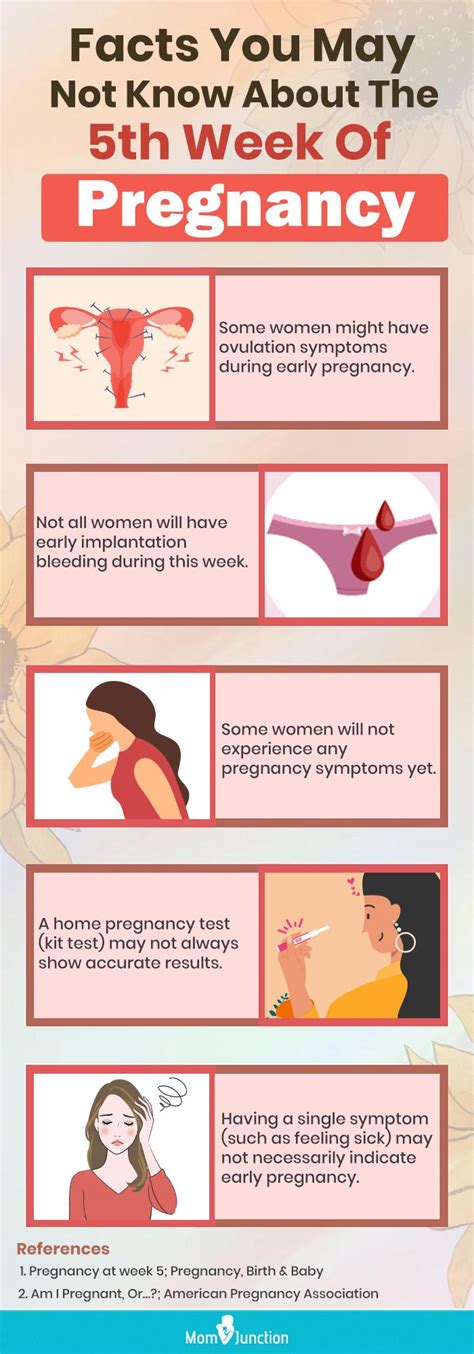
At 5 weeks pregnant, physical symptoms can start to emerge, although they might be subtle. Some of the common physical symptoms include:
- Mild Cramping: Similar to menstrual cramps, mild cramping can occur due to implantation of the embryo into the uterine lining.
- Spotting or Light Bleeding: Implantation bleeding is a common symptom, appearing as light spotting or bleeding. It's usually lighter than a regular period and can be accompanied by cramping.
- Breast Changes: Hormonal fluctuations can lead to breast tenderness, swelling, or darkening of the nipples.
- Fatigue: Feeling unusually tired or exhausted is common due to the increased levels of progesterone.
- Bloating and Mood Swings: Similar to pre-menstrual syndrome (PMS), women might experience bloating, mood swings, and irritability.
Emotional and Psychological Symptoms
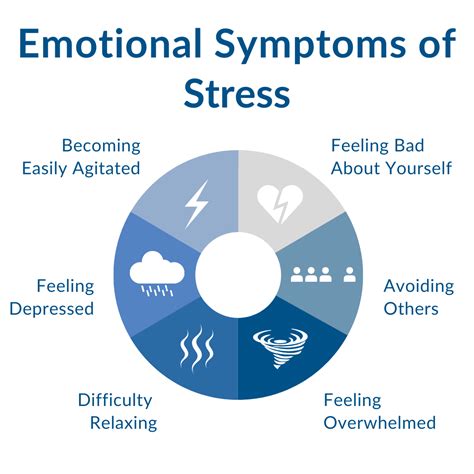
Besides physical changes, the emotional and psychological aspects of pregnancy at 5 weeks can be significant. Some women might experience:
- Anxiety and Stress: The anticipation and uncertainty about the pregnancy can lead to feelings of anxiety.
- Mood Swings: Hormonal changes can cause rapid shifts in mood, making women feel more emotional than usual.
- Excitement and Joy: Confirming a pregnancy can also bring immense happiness and excitement about the future.
Diet and Nutrition at 5 Weeks Pregnant
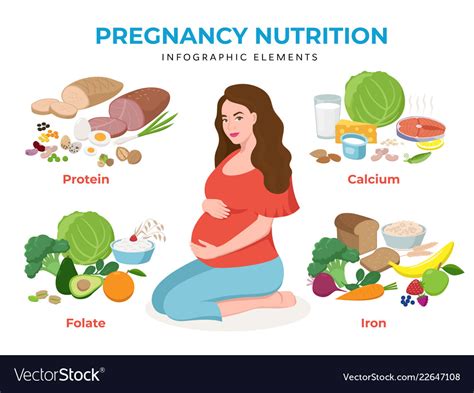
Maintaining a healthy diet is crucial during pregnancy. At 5 weeks, it's essential to focus on nutrient-rich foods that support the baby's growth and the mother's health. Key dietary recommendations include:
- Folic Acid: Crucial for preventing neural tube defects, folic acid-rich foods or supplements are vital.
- Iron: Supports the production of red blood cells for both the mother and the baby.
- Calcium: Essential for fetal bone development.
- Protein: Supports the growth of the baby and the mother's bodily changes.
Health and Safety Precautions
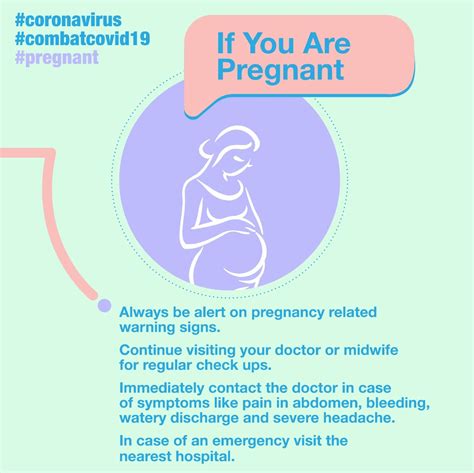
To ensure a healthy pregnancy, several precautions should be taken:
- Avoid Alcohol and Tobacco: Both can have detrimental effects on the developing fetus.
- Limit Caffeine: High caffeine intake is associated with increased risks of miscarriage.
- Practice Good Hygiene: Especially when handling food to avoid infections.
- Regular Prenatal Care: Schedule and attend prenatal appointments to monitor the health of both the mother and the baby.
Pregnancy Care and Support

Having a strong support system and accessing quality healthcare are vital components of a healthy pregnancy. This includes:
- Prenatal Visits: Regular check-ups with a healthcare provider to monitor the pregnancy's progress.
- Support Groups: Joining pregnancy support groups can provide emotional support and valuable information.
- Educational Resources: Utilizing books, websites, and classes to learn about pregnancy, childbirth, and parenting.
Staying Positive and Engaged

Maintaining a positive outlook and staying engaged with the pregnancy journey can make a significant difference. This can be achieved by:
- Staying Active: Engaging in safe physical activities to promote health and well-being.
- Mindfulness and Relaxation: Practicing mindfulness, meditation, or yoga to manage stress and anxiety.
- Connecting with the Baby: Talking to the baby, reading, or playing music to foster a bond.
Conclusion and Next Steps
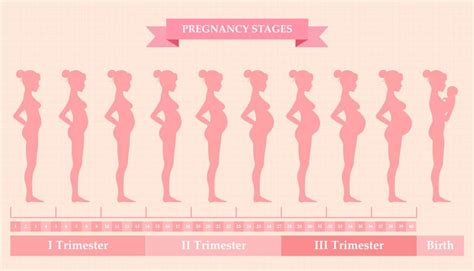
As the pregnancy progresses, each week brings new developments and experiences. For women who are 5 weeks pregnant, understanding the symptoms, maintaining a healthy lifestyle, and seeking support are crucial steps. The journey to motherhood is unique for each individual, filled with its own set of challenges and joys. By being informed and prepared, women can navigate this journey with confidence, ensuring the best possible outcomes for both themselves and their babies.
What are the most common symptoms at 5 weeks pregnant?
+The most common symptoms include mild cramping, spotting or light bleeding, breast changes, fatigue, bloating, and mood swings.
Is it normal to feel no symptoms at 5 weeks pregnant?
+Yes, it's normal for some women to not experience noticeable symptoms at 5 weeks. The absence of symptoms does not necessarily indicate a problem with the pregnancy.
How can I ensure a healthy pregnancy at 5 weeks?
+Maintaining a balanced diet, staying hydrated, avoiding harmful substances like alcohol and tobacco, and attending regular prenatal care appointments are key to ensuring a healthy pregnancy.
We hope this comprehensive guide has provided you with valuable insights into the symptoms and experiences of being 5 weeks pregnant. If you have any questions, comments, or personal stories to share, please don't hesitate to reach out. Your feedback and engagement are not only welcome but also appreciated, as they help us create more relevant and supportive content for our readers. Thank you for being part of our community, and we look forward to your contributions.
